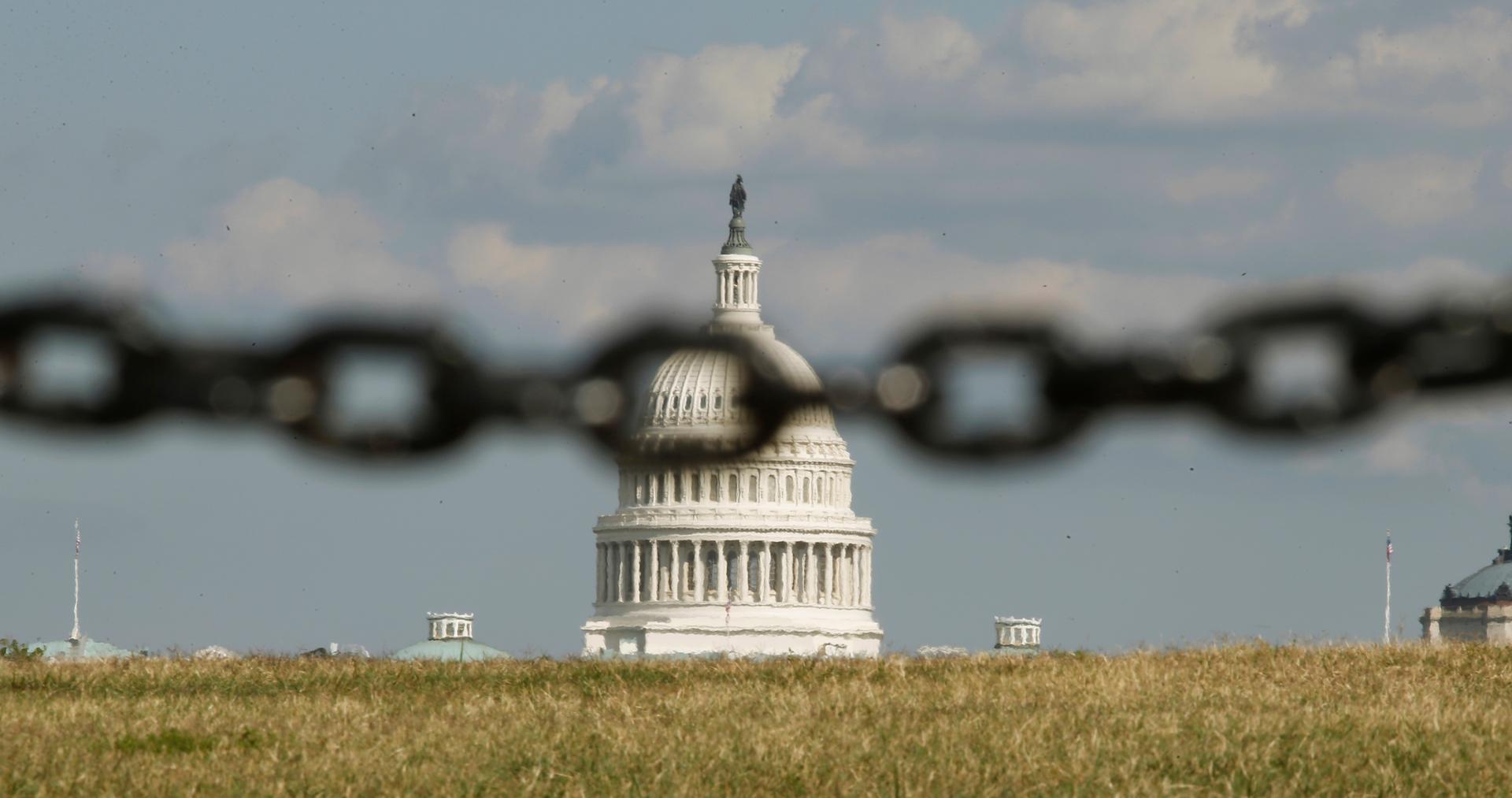Why Europeans are baffled about the shutdown in Washington
US Capitol
In most places around the world, governments only shut down after revolutions, military defeats or natural disasters. The Assad regime in Syria has managed to pay its bills and employees, even while fighting a civil war.
When Belgium was without a new government for over 500 days after an inconclusive election, the national administration didn’t shut down, everybody continued to be paid, no national museum had to close.
So it's natural that heads are being scratched abroad. How could this happen to the world’s only superpower, simply because one political party disagrees with a law that has already been adopted?
“That leaders of one of the most powerful nations on earth willingly provoked a crisis that suspends public services and decreases economic growth is astonishing to many,” reports Anthony Zurcher for BBC News
“America’s financial crisis becomes the NeverEnding Story,” writes Sebastian Fischer in Germany’s Der Spiegel: “A world power is blocking itself.”
The Frankfurter Allgemeine Zeitung compares the shutdown in Washington to the aftermath of Germany’s federal election. “Should the current negotiations to form a coalition drag on, Germany could be without a budget in 2014. Our public administration would continue without causing too much attention… a shutdown in Germany would be impossible,” the paper assures its readers.
That's because in Germany, the federal government is constitutionally required to use funds to keep its agencies operational – even without a budget.
Both France’s Le Monde and Germany’s Süddeutsche Zeitung are trying to explain “le shutdown” to their readers with a short Q&A, while Britain’s Guardian looks at the economic consequences for the rest of the world:
“Any prolonged shutdown would rapidly start to hit US consumer spending, as hundreds of thousands of public sector workers are furloughed; and that will crimp America’s demand for imports from the rest of the world.”
Nicolas Richter notes in an op-ed on Sueddeutsche.de that “it’s easier at the moment for President Obama to talk with a Middle Eastern theocracy than with politicians meeting only a few blocks away from the White House.”
“To some extent, Obama’s opponents [in the tea party and Iran] are similar. Both regard themselves as revolutionaries and define themselves by resisting a stronger power,” says Richter.
The reaction on European financial markets has been modest so far. Despite the bad day on Wall Street Monday, European markets largely saw the shutdown coming and have been adjusting for it.
The question is now, how long will it last.
Every day, reporters and producers at The World are hard at work bringing you human-centered news from across the globe. But we can’t do it without you. We need your support to ensure we can continue this work for another year.
Make a gift today, and you’ll help us unlock a matching gift of $67,000!
